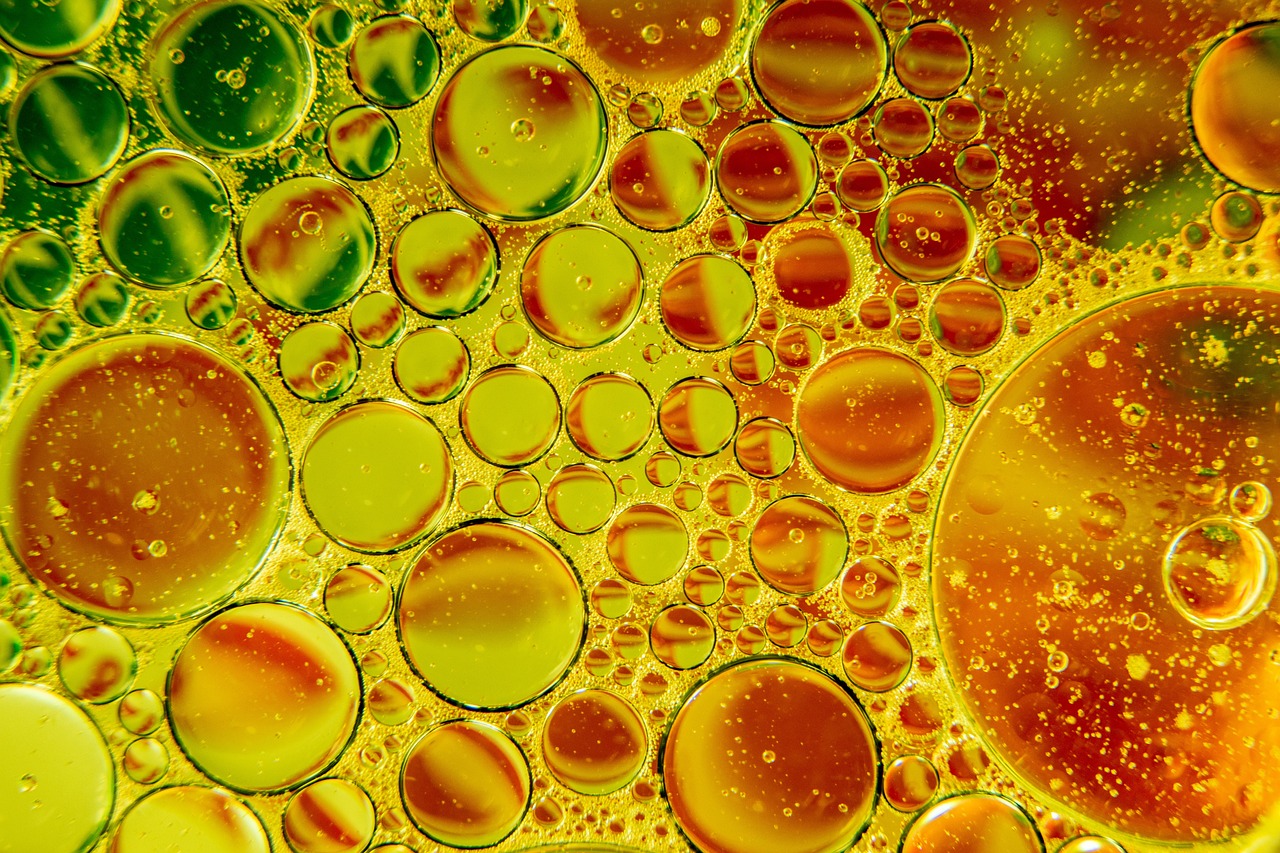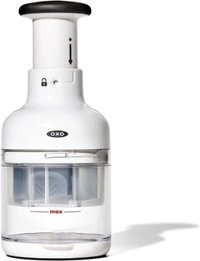Over recent years, research has unveiled the potential benefits of extra virgin olive oil in protecting against kidney damage associated with diabetes. This blog post explores the fascinating study conducted by a team of researchers, shedding light on the role of a trace polyphenol found in olive oil in mitigating the impact of diabetes-related kidney complications. Dive into the details of how olive oil, particularly its key compound DHPG, could offer promising nephroprotective effects for individuals with diabetes.
You only have 2 kidneys, and they are small delicate organs that cannot reverse serious damage, so preventing that damage is key. Olive oil can provide some potent protection once you know all the facts, so that is where Looney Foodie comes in. Read on and be armed with this knowledge!
Key Takeaways:
- Polyphenol in Extra Virgin Olive Oil: A trace polyphenol found in extra virgin olive oil has shown potential in protecting against kidney damage associated with type 1 diabetes.
- Impact on Diabetes-Related Kidney Damage: Oxidative stress, a common feature in uncontrolled diabetes, can lead to kidney damage. Compounds in extra virgin olive oil, such as hydroxytyrosol and DHPG, have demonstrated antioxidant effects that may mitigate this damage.
- Potential Nephroprotective Effect: DHPG, a minor phenolic compound in extra virgin olive oil, has shown promise in reducing blood glucose levels, antioxidant effects, and improving key parameters related to renal function in rodent models of type 1 diabetes.
The Impact of Diabetes on Kidney Function
Acute Complications of Diabetes
One of the acute complications of diabetes is the damage it can cause to the small blood vessels throughout the body. This damage often leads to diabetic nephropathy, which is the chronic loss of kidney function and a leading cause of chronic kidney disease worldwide. Approximately 30 percent of type 1 diabetes patients and 40 percent of type 2 diabetes patients develop chronic kidney disease.
Long-term Hyperglycemia and Kidney Damage
Kidney damage associated with diabetes is primarily a result of long-term hyperglycemia. Sustained high blood sugar levels can lead to oxidative stress, inflammation, impaired kidney function, and increased protein excretion in urine. This ultimately contributes to diabetic nephropathy and can progress to end-stage renal disease.
To mitigate the impact of diabetes-related kidney damage, it is crucial for patients to maintain proper blood sugar levels through regular monitoring, insulin therapy, diet, and exercise. However, many individuals find it challenging to manage their blood glucose effectively in real-world clinical settings.
The Role of Oxidative Stress in Kidney Damage
Some of the most significant complications of diabetes, especially when left uncontrolled, are related to the damaging effects of oxidative stress on various organs, including the kidneys. In the case of diabetic nephropathy, prolonged hyperglycemia can lead to oxidative stress, which in turn triggers inflammatory responses and damages the small blood vessels in the kidneys. This damage ultimately results in the chronic loss of kidney function, a condition that affects a significant percentage of individuals with diabetes worldwide.
Oxidative Stress and Inflammation
Oxidative stress plays a central role in the development and progression of renal damage in diabetes. In addition to promoting inflammation, oxidative stress leads to changes in kidney filtration volume, impairs glomerular function, and elevates urinary protein excretion. This cascade of events contributes to the deterioration of kidney function seen in diabetes-related kidney diseases like diabetic nephropathy.
Antioxidant Effects of Polyphenols in Olive Oil
On the other hand, polyphenols found in extra virgin olive oil, such as hydroxytyrosol and DHPG, have potent antioxidant properties that can counteract oxidative stress and its harmful effects on kidney function. These polyphenols work by reducing blood glucose levels, exerting antioxidant effects, and modulating the production of key compounds like thromboxane and prostacyclin, which impact renal blood flow and function.
Furthermore, the study highlighted the potential of DHPG, a minor phenolic compound in extra virgin olive oil, in protecting against kidney damage induced by diabetes. The findings suggest that DHPG can reduce proteinuria, increase creatinine clearance, and mitigate structural changes in the kidney, ultimately improving renal function in diabetic conditions.
The Potential of Hydroxytyrosol and DHPG in Mitigating Kidney Damage
Hydroxytyrosol: A Potent Antioxidant in Olive Oil
Mitigating oxidative stress is crucial in protecting the kidneys from damage related to diabetes, and hydroxytyrosol, a polyphenol found in extra virgin olive oil, has shown promising antioxidant effects. This compound has demonstrated potential in preventing cardiovascular and neural damage in diabetic rats. With its ability to counteract oxidative stress, hydroxytyrosol may play a significant role in protecting kidney function from the harmful effects of diabetes.
DHPG: A Minor Polyphenol with Significant Antioxidant and Anti-Inflammatory Effects
Significant research has focused on DHPG, another minor polyphenol present in extra virgin olive oil, for its antioxidant and anti-inflammatory properties. While its quantity is smaller than hydroxytyrosol, DHPG has shown to reduce blood glucose levels, improve antioxidant effects, and impact key parameters related to kidney function. Its ability to modulate the thromboxane-to-prostacyclin ratio holds promise in improving renal blood flow and potentially decreasing diabetic nephropathy progression.
Antioxidant: DHPG’s influence on reducing thromboxane production and balancing prostacyclin levels showcases its potential in protecting against kidney damage in diabetes. Its impact on key parameters related to renal function highlights the importance of this minor polyphenol in mitigating the detrimental effects of the disease.
Research Findings on DHPG and Kidney Protection
Decreased Blood Glucose Levels and Antioxidant Effects
Kidney function is particularly vulnerable in individuals with diabetes, leading to conditions such as diabetic nephropathy. The research conducted on DHPG, a potent polyphenol found in extra virgin olive oil, has shown promising results in terms of protecting the kidneys from diabetes-related damage. DHPG has been found to decrease blood glucose levels and exhibit antioxidant effects, both of which are crucial in mitigating the detrimental impact of diabetes on kidney health.
Improved Renal Function and Structure
Any intervention that can improve renal function and structure is significant in the context of diabetes management. The study on DHPG has shown positive outcomes in reducing proteinuria, increasing creatinine clearance, and lessening glomerulosclerosis, indicating an overall improvement in kidney health. These findings suggest that DHPG may play a key role in slowing down the progression of diabetic nephropathy and enhancing renal protection in individuals with diabetes.
Furthermore, the research team highlighted that the effects of DHPG on these key parameters are closely linked to changes in biochemical variables related to renal function and structure. This suggests that the mechanism of action of DHPG is multifaceted, impacting various aspects of kidney health to provide comprehensive protection against diabetes-induced damage.
Summing up
Considering all points discussed in the study, it is clear that there is a significant connection between olive oil, specifically its polyphenols like hydroxytyrosol and DHPG, and the potential protection against kidney damage associated with diabetes. The antioxidant properties of these compounds play a crucial role in mitigating oxidative stress, inflammation, and other mechanisms that contribute to diabetic nephropathy. The findings suggest that incorporating extra virgin olive oil into the diet may offer additional benefits beyond just its culinary aspects, particularly in managing diabetes-related kidney complications.
Therefore, the research underscores the importance of exploring alternative methods, such as the use of specific polyphenols found in olive oil, to protect against the long-term effects of diabetes. By understanding the potential nephroprotective effects of compounds like DHPG, further studies can investigate into how these components interact and potentially enhance the already established benefits of extra virgin olive oil. This study not only sheds light on the potential therapeutic implications for diabetes patients but also opens up avenues for future research into the synergy of polyphenols in offering holistic health benefits. Polyphenols are greater in extra virgin olive ol so we also put together an article that compares regular and EVOO.
Looney Foodie is dedicated to providing timely useful information that you can use to not only enjoy food but extend your life, and thus your time to enjoy all of these wonderful foods. Olive oil has also been shown to possibly have dementia preventative effects as well. It’s great when a tasty luxurious food like olive oil is actually good for you, so use it!




